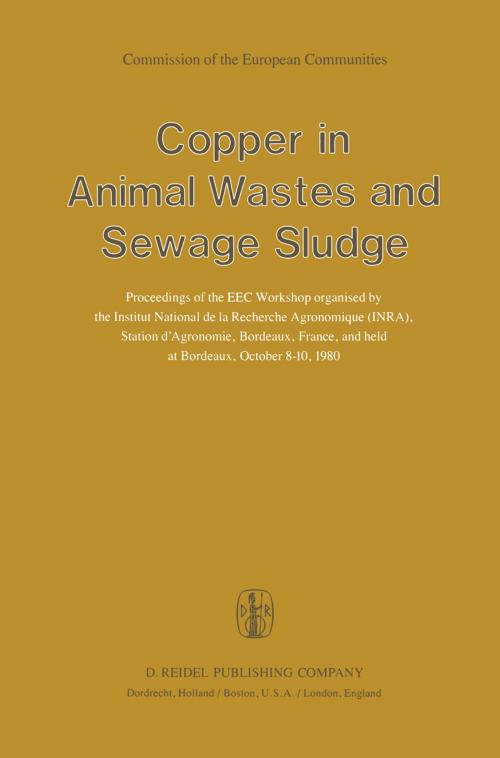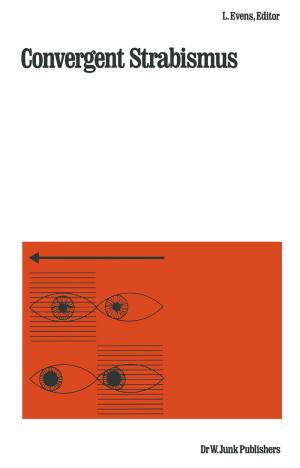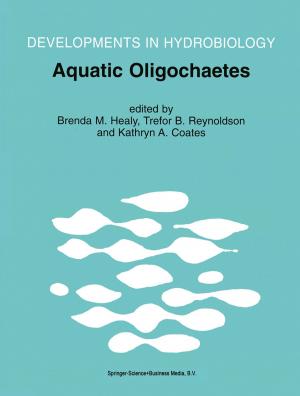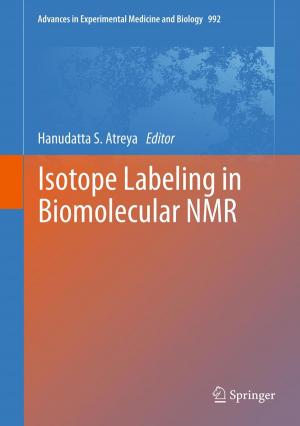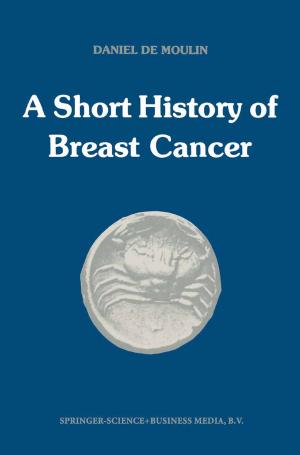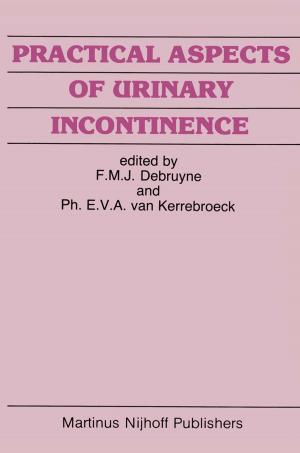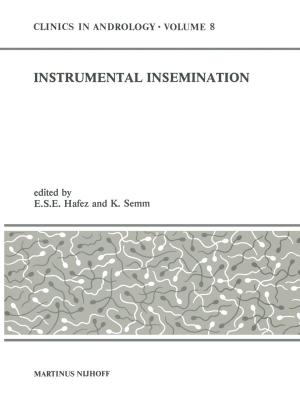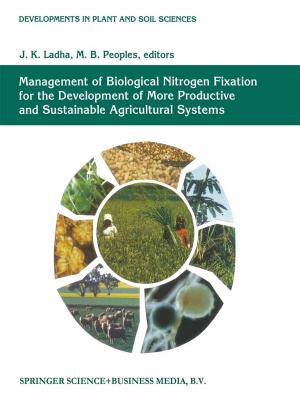Copper in Animal Wastes and Sewage Sludge
Proceedings of the EEC Workshop organised by the Institut National de la Recherche Agronomique (INRA), Station d’Agronomie, Bordeaux, France, and held at Bordeaux, October 8–10, 1980
Nonfiction, Science & Nature, Nature, Environment, Natural Resources, Science, Biological Sciences, Environmental Science| Author: | ISBN: | 9789400985032 | |
| Publisher: | Springer Netherlands | Publication: | December 6, 2012 |
| Imprint: | Springer | Language: | English |
| Author: | |
| ISBN: | 9789400985032 |
| Publisher: | Springer Netherlands |
| Publication: | December 6, 2012 |
| Imprint: | Springer |
| Language: | English |
This publication constitutes the Proceedings of a Workshop held in Bordeaux (France) on 8th - 10th October, 1980, under the auspices of the Commissior: of the European Communities, as part of the CEC research programme on 'Effluents from Livestock' and the Concerted Action COST 68 bis 'Treatment and Use of Sewage Sludge'. Major changes have taken place in livestock production techniques in recent years. One of the most important developments has been in the field of animal nutrition. Animals are fed to gain maximum liveweight in close relationship with market requirements for carcass and meat quality. With regard to pig production, dietary formulation is based on scientific principles and feed includes a large variety of ingredients to supply optimum feed rations for 'standardised' animals. In order to increase growth rate and to improve feed conversion, copper is added to the ratio~s of fattening pigs in a number of countries, in accordance with the provisions of Council Directives concerning additives in feedingstuffs, as last amended by the 23rd Commission Directive of 4th July 1980.
This publication constitutes the Proceedings of a Workshop held in Bordeaux (France) on 8th - 10th October, 1980, under the auspices of the Commissior: of the European Communities, as part of the CEC research programme on 'Effluents from Livestock' and the Concerted Action COST 68 bis 'Treatment and Use of Sewage Sludge'. Major changes have taken place in livestock production techniques in recent years. One of the most important developments has been in the field of animal nutrition. Animals are fed to gain maximum liveweight in close relationship with market requirements for carcass and meat quality. With regard to pig production, dietary formulation is based on scientific principles and feed includes a large variety of ingredients to supply optimum feed rations for 'standardised' animals. In order to increase growth rate and to improve feed conversion, copper is added to the ratio~s of fattening pigs in a number of countries, in accordance with the provisions of Council Directives concerning additives in feedingstuffs, as last amended by the 23rd Commission Directive of 4th July 1980.
